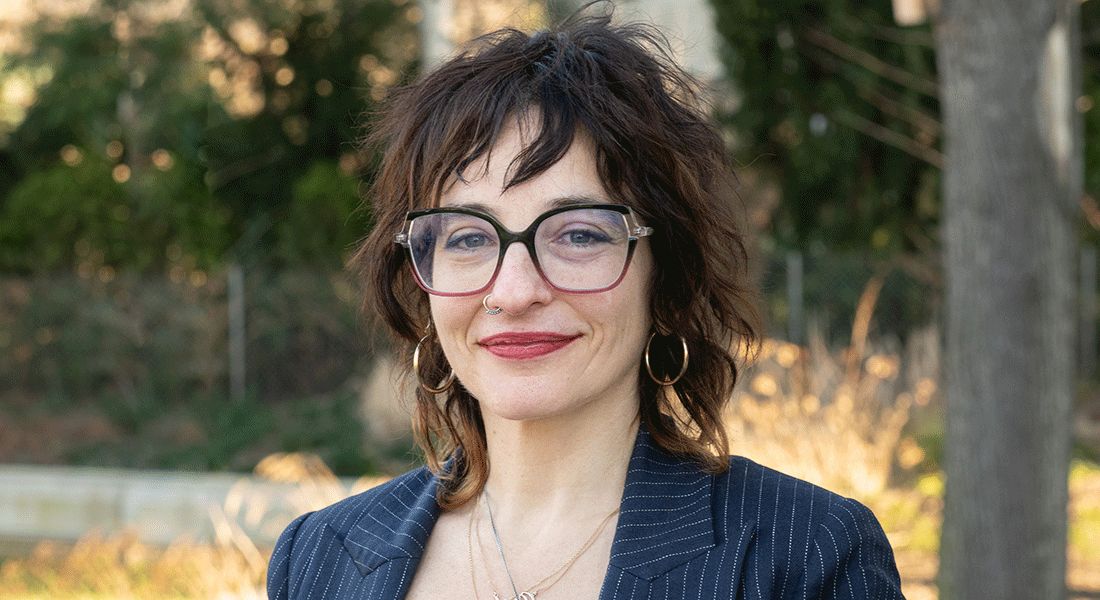Forum Lectures #28: Orit Halpern
Financializing Intelligence: On the Integration of Machines and Markets
This talk traces the relationship between neo-liberal thought and neural networks through the work of economist Friedrich Hayek, psychologist Donald O. Hebb, neural network pioneer Frank Rosenblatt, and later the architecture collective Asymptote's design of the virtual trading floor for the NYSE.

For all these figures, networked systems could accomplish acts of evolution, change, and learning impossible for individual neurons or subjects—minds, machines, and economies should therefore be integrated to change and deal with the unexpected.
Coming within the context of post-civil rights politics in the USA, and decolonization and political economic volatility globally, this emerging constellation of technology and attention birthed new practices and techniques of risk-management and speculation. These practices are embodied, for example, in derivative trading instruments, the rise of networked computer architectures, and models of the neural network.
Most importantly, in the combination of aesthetics, economic thought, and cognitive sciences we can trace a broader reconceptualization of reason, decision making, and “freedom” in relation to the state and technology that occurred throughout the 1950’s-1970’s. This reconceptualization, I argue, is the infrastructure supporting contemporary relations between generative AI, reactionary politics, and neo-liberal economics.
About Orit Halpern
Orit Halpern is a Lighthouse Professor and the Chair of Digital Cultures at Technische Universität Dresden. Her research is on histories of cybernetics, design, and artificial intelligence. She is currently working on two projects. The first is a history of automating decision making and the second examines the history of experimentation at planetary scales in design, science, and engineering.
Her most recent book with Robert Mitchell (MIT Press December 2023) is titled the Smartness Mandate. It examines how we have come to believe that digital computing is essential to human survival, and how “smart” technologies and ideologies are remaking planetary futures. She is also directs the digital cultures research group at TU Dresden and Against Catastrophe a research collective bridging the humanities and speculative design to imagine non-catastrophic design practices.
Forum Lectures
Forum Lectures is a series of lectures by Danish and international thinkers and cultural workers reflecting on how art co-forms commonality. Forum Lectures bring thinking and shared study back to the university and invite public lectures on the last Tuesday of every month from 17:00 – 19:00. Please note that the lecture by Orit Halpern is exceptionally scheduled on the first Tuesday of April.
The initiative is hosted by the research group of the New Carlsberg Foundation research centre Art as Forum. Our researchers are occupied by a.o. the infrastructures of the arts, collective modes of production, the entanglement of political theory and aesthetic theory, assembling curation strategies, dematerialized art, acts of strategic separatism and temporality in digital art.
The lecture is free and open to everyone interested.
Map of South Campus
View directions.
View on map of the Faculty of Humanities - South Campus.
View map of South Campus (pdf).
